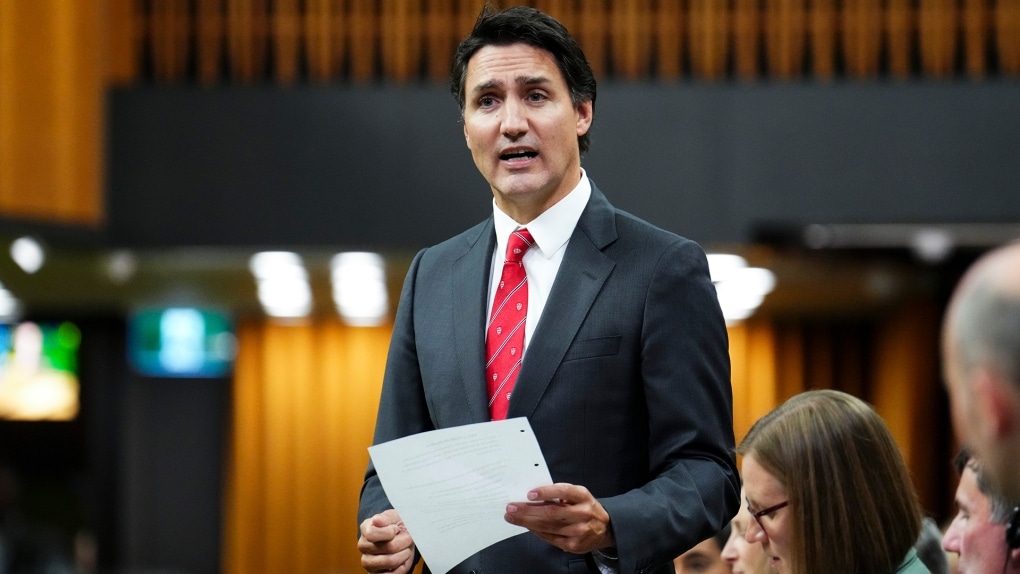Following Prime Minister Justin Trudeau’s claim that India was involved in the death of a Canadian national on its land, the country’s media stated that there is substantial proof based on “signal and human intelligence” with the government that corroborates the leader’s claim earlier this week.
According to a report by the Canadian news outlet CBC, the obtained material included contacts between Indian authorities, including Indian diplomats in Canada.
The intelligence came not only from Ottawa, but also from an unidentified ally in the Five Eyes intelligence collaboration, according to the report, which cited Canadian government sources.
Hardeep Singh Nijjar, the leader of the Khalistan Tiger Force (KTF), was assassinated in June outside a gurdwara in Surrey, Canada.
According to the foreign ministry, New Delhi and Ottawa requested the other country’s senior diplomat to leave the country because the Indian decision reflected its “growing concern at the interference of Canadian diplomats in internal matters and their involvement in [anti-state] activities.”
“We call on the government of India to collaborate with us to establish processes to uncover the truth of this matter and to allow for justice and accountability to be served,” Prime Minister Justin Trudeau said on the sidelines of the United Nations General Assembly in New York on Thursday.

The disagreement erupted following a G20 session in India, where both Prime Ministers were said to have discussed the concerns brought by the Canadian leader.
According to the report, no Indian official rejected the bombshell accusation at the heart of this case — that there is evidence to show Indian government involvement in the killing of a Canadian citizen on Canadian soil — when questioned further off the record.
“I can assure you that the decision to share these allegations on the floor of the House of Commons… was not taken lightly,” Trudeau said after the UNGA 78 in New York.
“It was done with the utmost seriousness.”
The 51-year-old did not share the facts that led him to name India as a perpetrator behind the crime on Monday, implying that it would be up to the courts to make public if the case went to trial.
The repercussions caused India to issue a vehement denial, calling any claim that it was involved in Nijjar’s death “absurd.”
India likewise ceased processing visa applications in Canada, blaming “security threats” for “disrupting” the work of their officials, and asked for a decrease in Canadian diplomatic staff in India.

When questioned why Canada’s close companions” reactions to the charges were muted, Trudeau stressed Thursday that his government “is not looking to provoke or cause problems.”
Western powers, led by the United States, have been courting India for years, seeing the billion-plus democracy as a natural ally as fears about China grow.
“There is no doubt that India is a country of growing importance and one with which we must continue to collaborate,” Trudeau said.
“However, we are unequivocal about the importance of the rule of law and the importance of protecting Canadians,” he said.
Trudeau requested the Indian government’s help, saying he merely wanted to ensure the safety of Canadians.
“We demand that the Indian government take this issue seriously and ensure that justice is served in this case. I’m going to keep working to keep Canadians secure.” He also said to have discussed his concerns with PM Modi in a “direct and frank” chat.
“We have an independent justice system and robust processes that will follow its course and we call upon the government of India to engage with us to move forward on getting to the truth of this matter,” Trudeau had added.





